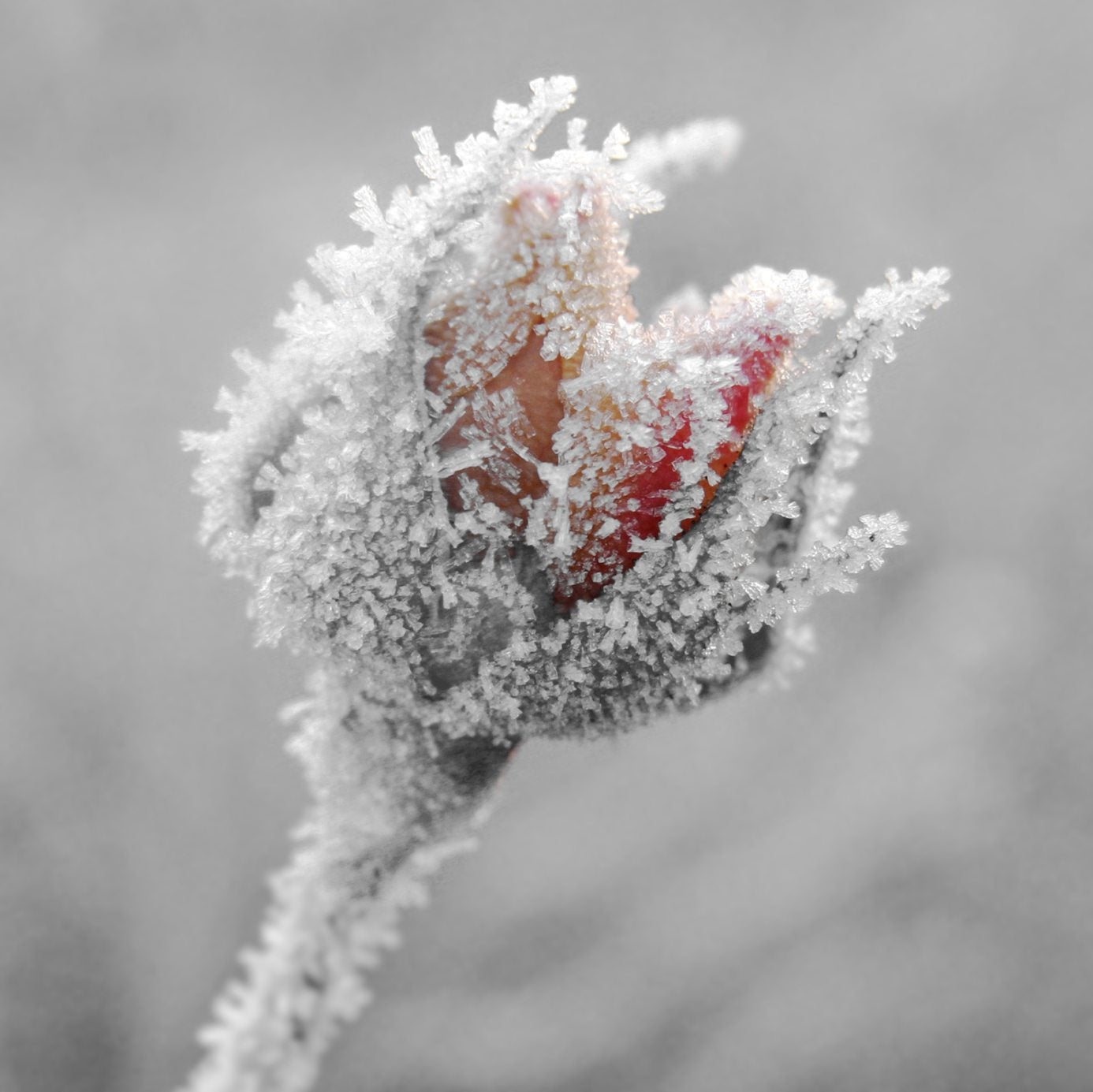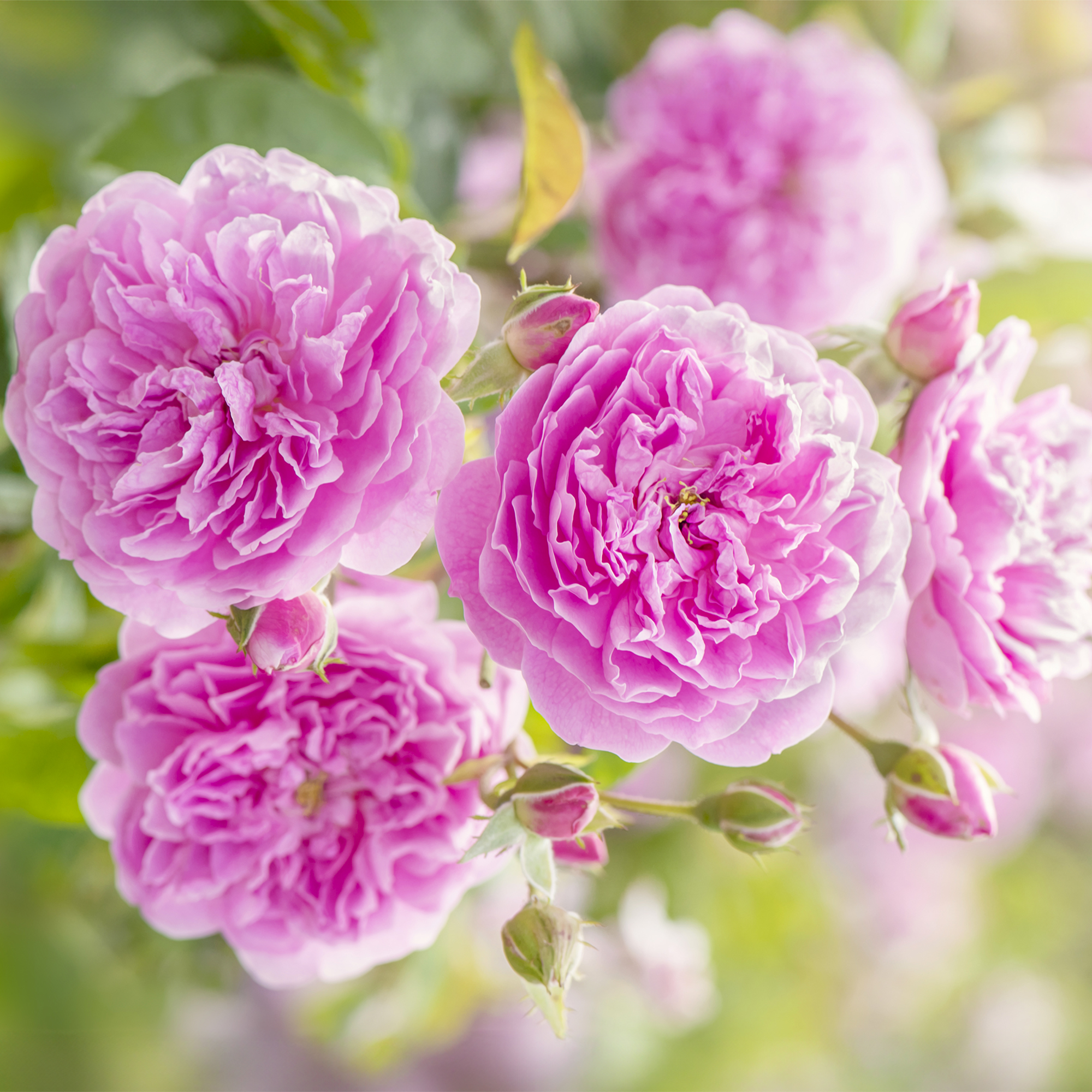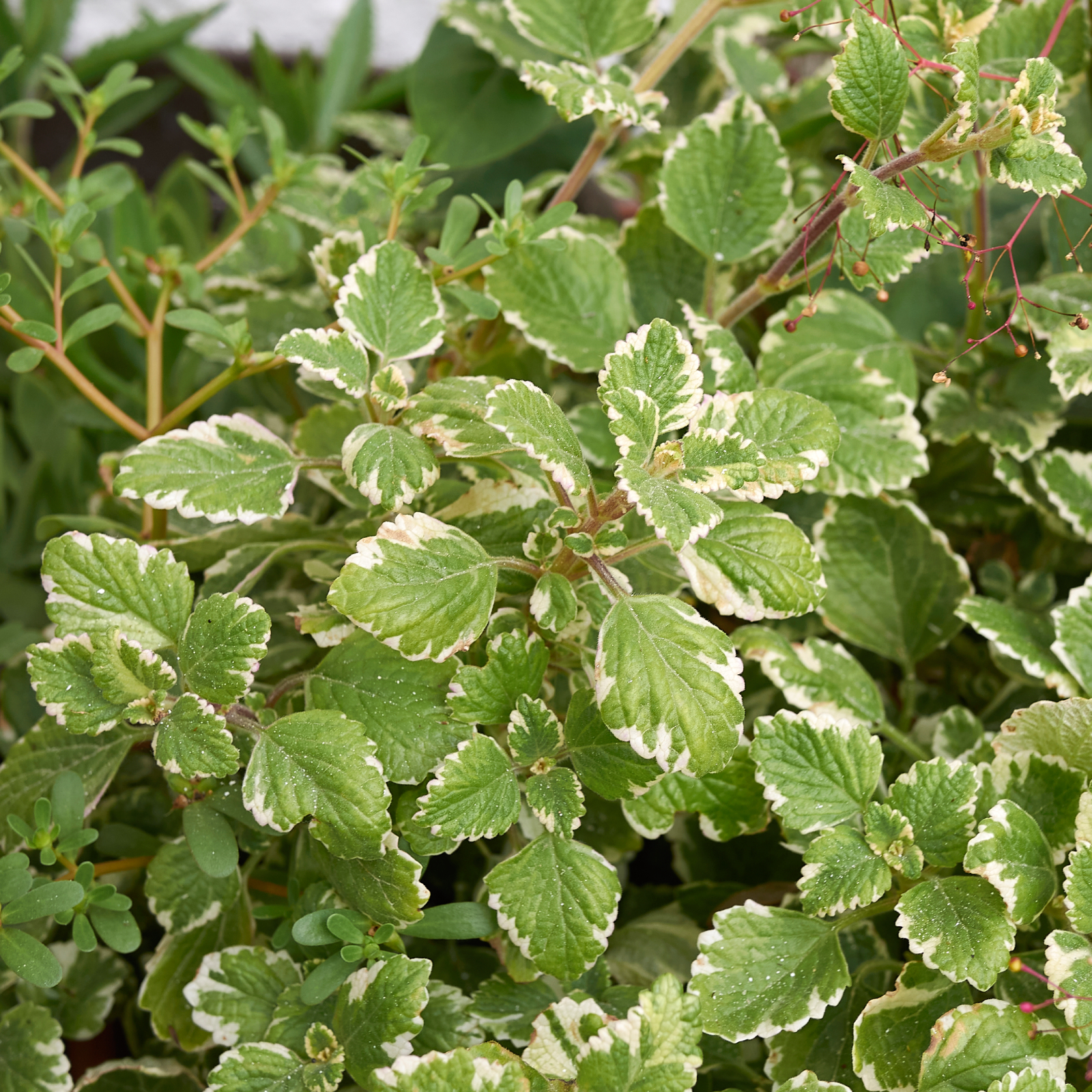Protecting Roses In Winter: How To Repair Winter Damage To Roses


The winter season can be very hard on rose bushes in a variety of ways. That being said, there are things we can do to lessen, and even eliminate, the damage. Read on for more information on treating winter-damaged roses.
How to Repair Winter Damage
Winter injury to roses can come from strong winter winds whipping around the canes of rose bushes. I like to prune my roses down to about half their height for the winter, excluding the climbers and shrub roses. This pruning is done once there has been a string of very cold days and nights that have convinced the bushes it is time to take their winter nap (aka dormancy). The climbers can be tied more securely to their trellises and wrapped with a fine muslin-type cloth for winter protection. The shrub roses can be pruned a bit and then also wrapped with the muslin or another fine cloth material for some added protection. This helps hold their canes together so they act more as one unit and, thus, have greater strength to hold up under snow loads and provide better wind resistance. The damage from winter winds whipping the canes and breaking them can be pruned out in spring. However, if the wind breaks the canes off down into the ground, we can only seal the wound and encourage new cane growth (aka: basal breaks) come spring. Epsom salt goes a long way to encouraging basal breaks. A half-cup (120 ml.) of Epsom salts around all the large rose bushes and ¼ cup (60 ml.) around the miniature rose bushes should do the trick. Water in well early spring.
Protecting Roses in Winter
The best thing to do is prevent winter injury to roses in the first place by providing winter protection for roses.
Mound rose bushes
Mounding rose bushes for winter helps to keep them cold, so they do not get any ideas of starting to grow during those strings of warm to hot days while it is still wintertime. The flux of temps during the winter can and will confuse the rose bushes, initiating the process of growing. Then the severely cold temps come again and shock the rose, many times leading to its demise. I use garden soil, gravel, or wood mulch for mounding. I do not use any garden soil that has fertilizer added. Soil with fertilizer can help send the wrong message to the bushes on those warm winter days.
Provide water
Many winters not only have cold, blustery winds but are also dry, especially for those that do not get much snow. As a result, winter moisture is needed. Forgetting to give the rose bushes a little drink during winter can easily lead to their death or stunt their growth and bloom production in the spring and summer months. We cannot water when it is cold and freezing outside. However, there are usually some strings of days when it is nice enough to do some watering. The best thing to do is to water as early in the day as possible, usually once the temperature for the day is near its maximum. This gives the water a chance to work its way into the ground and down to the root system, also allowing plenty of time for the plant to take up moisture and put it to good use prior to the cold nighttime temps moving in again. The winds suck the moisture out of the soil, leaving the moisture level dangerously low.
Treat fungal issues
There are fungi that will overwinter on the roses too. A late season spraying with a good fungicide is helpful, and something I have done for years. Banner Maxx is my late-season fungicide of choice, spraying all the plants prior to their winter’s nap. Green Cure is my fungicide of choice for the rest of the year, but for this end-of-season treatment, I like the performance I have gotten with Banner Maxx or its generic and less costly counterpart, Honor Guard. Not treating fungus beforehand allows it to get a head start on attacking the bushes once the shrubs break dormancy and begin their new spring growth. Fungal infections stunt this new growth, leaving plants weak and limiting the bloom production and overall performance of the rose bushes.
Check for insects
If you notice any late-season insect activity on your roses, it is not a bad idea to spray them with an insecticide or miticide, depending on the need. Always use the lightest form of insecticide that you can that will still get the job done. Just as with other things, an ounce of prevention is worth a pound of cure! Put your garden babies to bed properly and they will reward you nicely for it.
Gardening tips, videos, info and more delivered right to your inbox!
Sign up for the Gardening Know How newsletter today and receive a free copy of our e-book "How to Grow Delicious Tomatoes".

Stan V. Griep contributed to Gardening Know How for many years, and has been a Colorado Native Rosarian for over four decades. He is an American Rose Society Certified Consulting Master Rosarian in the Rocky Mountain District, and a member of the Denver Rose Society, the Loveland Rose Society, and the American Rose Society. He is Gardening Know How's in-house expert on all things roses.
-
 How Much Sun Do Roses Need To Grow? Understanding Rose Light Requirements
How Much Sun Do Roses Need To Grow? Understanding Rose Light RequirementsDiscover how much sunlight your roses really need to grow strong, bloom beautifully, and stay healthy all season long.
-
 Which Ivy Is Best For A Garden? 7 Varieties Of Ivy To Grow (And 2 To Avoid)
Which Ivy Is Best For A Garden? 7 Varieties Of Ivy To Grow (And 2 To Avoid)Lots of varieties of ivy can complement your garden, provide groundcover, or create a private oasis, but which is best? Explore our top picks for beautiful ivy.